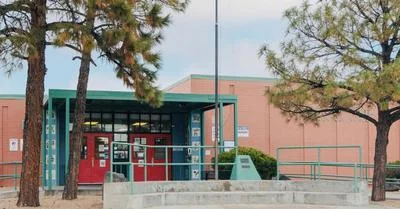The New Mexico Public Education Department (NMPED) has announced the procurement of a five-year, $8 million federal grant for NM Residencies. This initiative is designed to provide aspiring teachers with a year of co-teaching experience alongside seasoned mentor teachers during their pre-service preparation program.
The purpose of the grant is to offer vital research, infrastructure, and implementation support to NM Residencies. It aims to enhance teacher recruitment, ensure consistency across residencies for equitable access to well-prepared teachers, and establish sustainable funding streams for paid residencies. As part of the U.S. Department of Education’s Education Innovation and Research Program, the grant is expected to cover 13% of the total project costs amounting to $68,525,450 over five years. The remaining 87% will be covered by state and local dollars. In addition, the grant will facilitate the development of open-source resources and undergo external evaluation by Basis Policy Research. The findings will be widely disseminated, according to a press release from NMPED.
New Mexico Public Education Secretary Arsenio Romero stated in an NMPED press release that "Having aspiring teachers observe and assist experienced teachers benefits everyone in the education process." He added that they are "grateful for the opportunity to advance this program and further develop a coherent, high-quality teacher preparation system."
Karen DeMoss, Executive Director of Prepared To Teach also expressed her views on this matter in an NMPED press release: "New Mexico is a national leader in supporting shifts in the teacher preparation ecosystem so that people can afford to attend high-quality teacher residencies. These federal grants are highly competitive; this award recognizes the quality and potential of NM Residencies to inform the field more broadly."
According to information provided on its webpage by the U.S. Department of Education, The Education Innovation and Research (EIR) Program provides funding for evidence-based innovations aimed at improving student achievement and attainment for high-need students. It seeks to rigorously evaluate and scale effective solutions to address persistent educational challenges under the Elementary and Secondary Education Act (ESEA), as amended by the Every Student Succeeds Act (ESSA).









